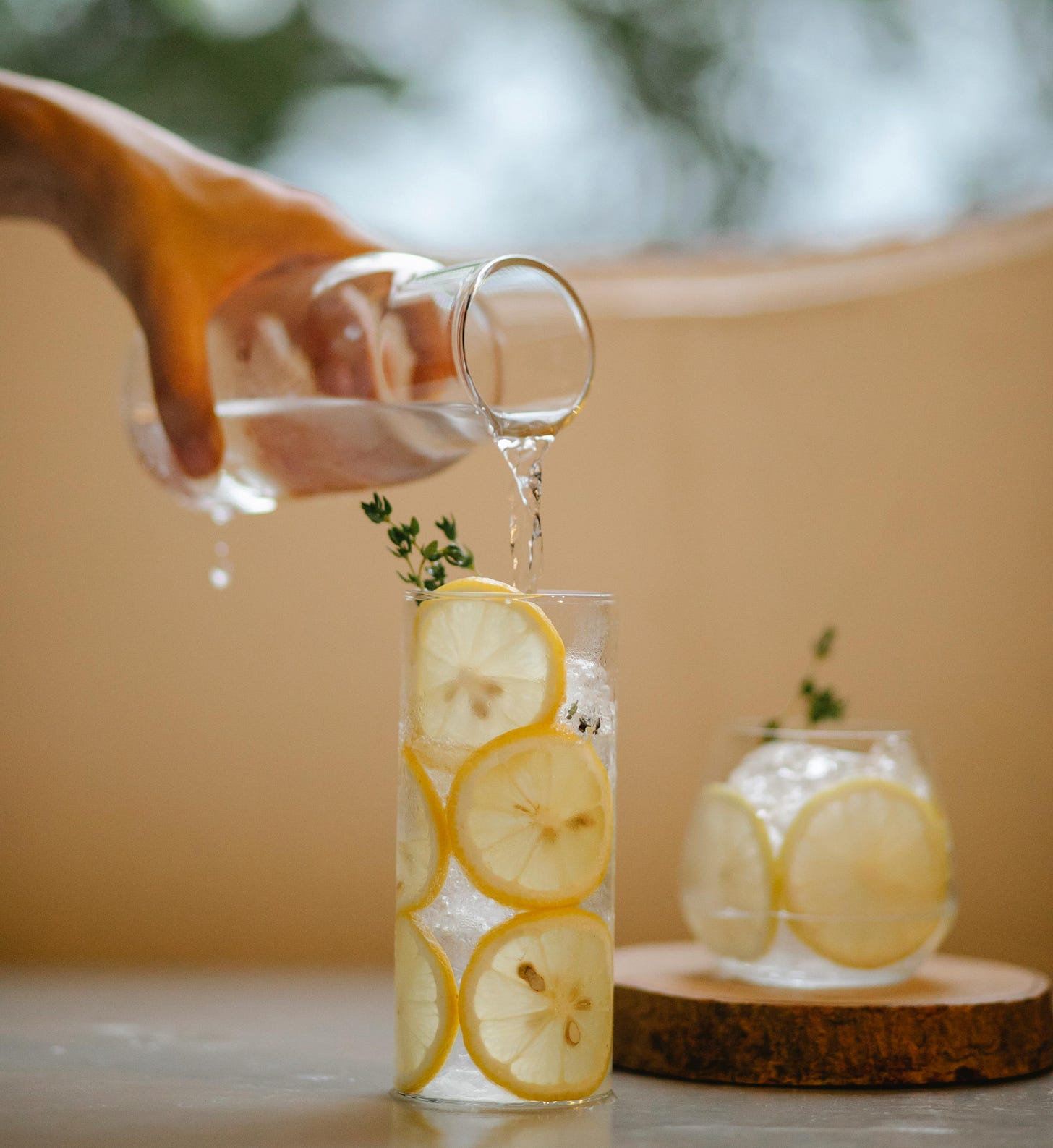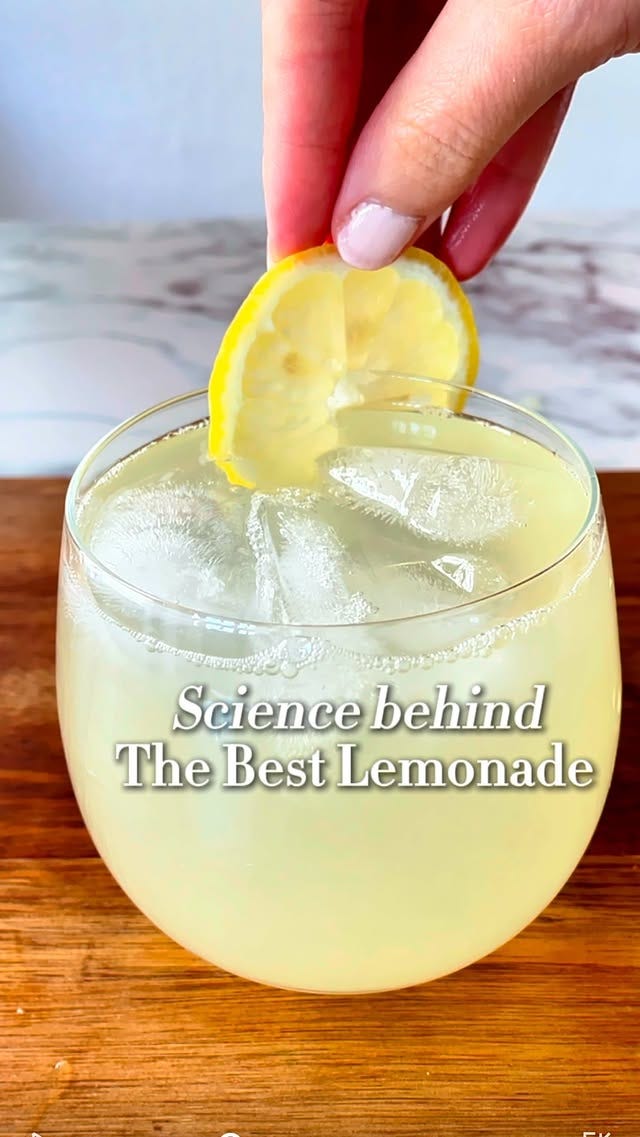🍋 Why Lemonade Feels Like Summer (and What Science Has to Do With It)
Memorial Day always feels like the unofficial start of summer. The grills come out, the days stretch longer, and the craving for something ice-cold and refreshing kicks in. And few things hit the spot quite like a tall glass of lemonade.
Now, I’ll admit—lemonade isn’t my favorite drink. But I fully respect its aesthetic appeal: a frosty glass sweating in the sun, a lemon wheel perched just so on the rim. It’s a summer mood all on its own.
What is more fascinating is lemonade has a long history. Its roots go back to 10th-century Egypt, where it was made with fermented lemon juice and sweetened with sugar or honey. Over time, lemons made their way to Europe, and by the 17th century, lemonade had reached Parisian high society, served from elaborate carts by vendors called limonadiers.
In the U.S., lemonade became a symbol of summer simplicity, front yard stands, county fairs, and nostalgic shake-ups in waxy cups. But at every point in history, the formula has remained the same: acid + sugar + water = bliss.
👩🔬 The Science of Sipping
Lemonade is fundamentally a balance of acidity and sweetness. Lemon juice contains a high amount of citric acid, which provides a strong, tangy flavor. On its own, lemon juice can be overwhelmingly sharp. However, when sugar is added, something magical occurs: it transforms into a refreshing drink.
The sourness mellows.
The sweetness rounds it out.
Your brain registers: refreshing.
Have you ever noticed that "ahhh" feeling when you sip lemonade? That's how your salivary glands react to the acid in it. Citric acid is a strong trigger for saliva production, which causes your mouth to water. This is one reason lemonade feels more refreshing and hydrating than plain water.
🍋 Zest Is Best: The Secret to Big Lemon Flavor
Check out my Substack on lemon zest for more on this, but if you want to truly elevate your lemonade, use lemon zest. The outer yellow layer of the lemon, known as the flavedo, contains fragrant oils rich in limonene. These oils do not dissolve in water, so you won't extract them by simply juicing the fruit. However, you're creating a mini flavor extraction lab by rubbing lemon zest into sugar!
🧂 A Pinch of Salt? Yep.
Salt isn't just for savory dishes; a tiny pinch in your lemonade can make a significant difference. Here's why:
Salt contains sodium ions that influence taste receptors. It suppresses bitterness and enhances sweetness, resulting in a more pronounced sweet-tart balance.
This trick works wonders in lemon curd, citrus cakes, and, of course, lemonade.
🍋 My Science-Backed Lemonade Recipe
Ingredients:
Zest of 4 lemons
2/3 to 1 cup sugar (you can sub monk fruit or reduce sugar to taste)
Pinch of salt
1 cup boiling water
1 cup fresh lemon juice (from 4–6 lemons)
2 cups cold water (still or sparkling)
Instructions:
In a non-reactive bowl (glass or plastic), zest the lemons and rub the zest into the sugar. Let sit for at least 2 hours (or refrigerate up to 24) to draw out the essential oils.
Add 1 cup boiling water, stir to dissolve the sugar, and let cool.
Juice your lemons until you have 1 cup of juice. Stir this into the cooled lemon syrup.
Taste your lemonade concentrate:
Add more sugar if it is tart (powdered sugar dissolves quickly).
If it is bitter, add a pinch of salt to brighten the flavor without making it salty.
Add 2 cups cold water (or sparkling water if you want bubbles) to serve. Serve over ice. Optional but encouraged: a sprig of mint or a lemon wheel for flair.
🍹 Science You Can Taste
Let me know if you try it, and tag me @halfbatchbaking if it appears in your stories or reels. I'll be in the comments with more lemon facts.
Until next time!✨🍋
Sarah




